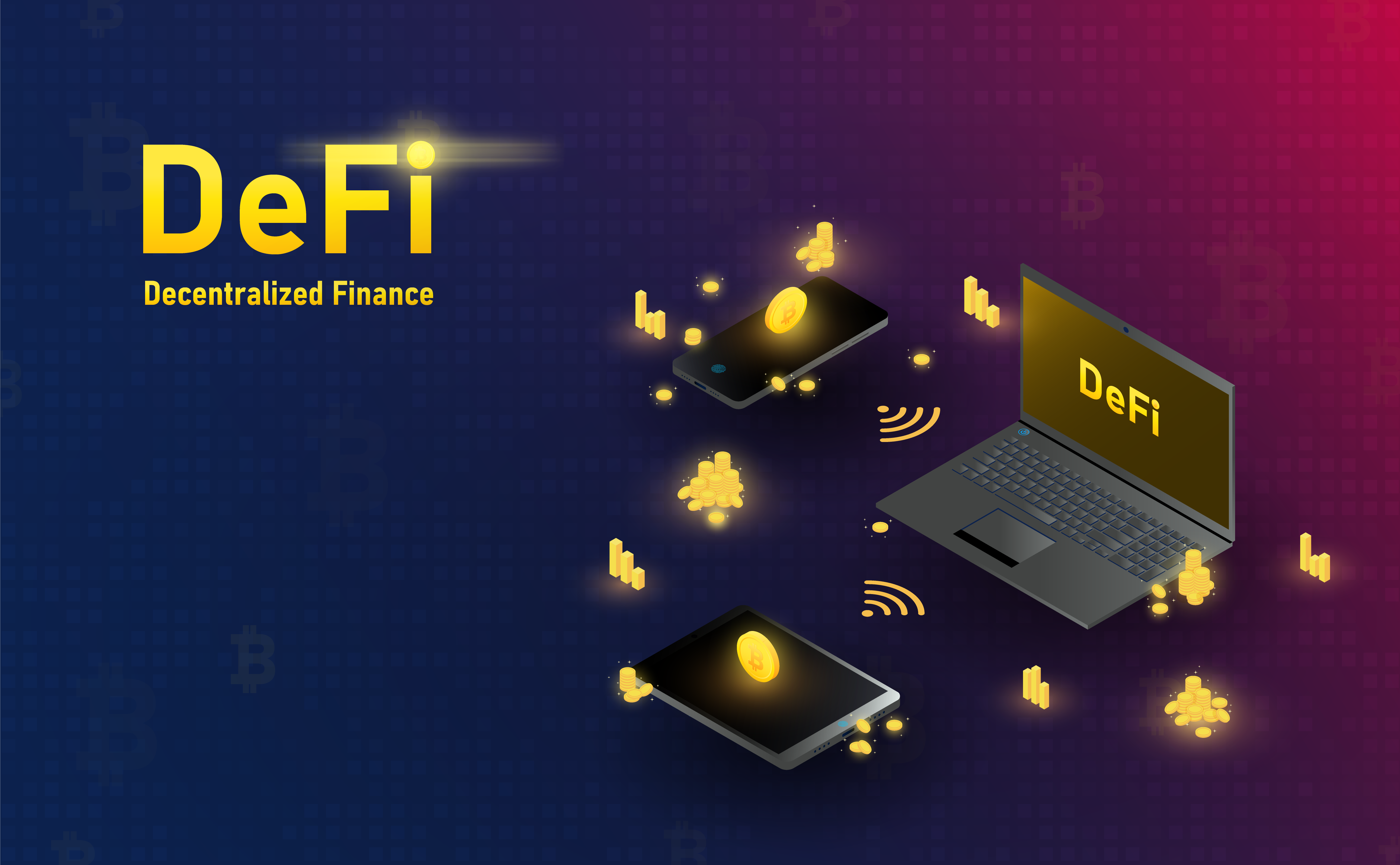Short for Decentralised Finance, DeFi is the new age of banking. Things change quickly in the crypto space, and decentralised finance is a current trend – it’s an exciting space, be undoubted.
The world is adopting this new way of banking with speed.
According to a news article published in 2018, a British mosque made history by becoming the first of its kind to accept cryptocurrency as a donation. A mosque in East London becomes the first in the UK, and perhaps even the world, to embrace the new currency. Hence, embracing the new ways of finance.
What is DeFi?
Decentralised Finance refers to the transfer of control and decision-making from a centralised entity to a distributed network. Based on the peer-to-peer concept that removes intermediates from the system. With DeFi, you can do most of the things that the bank supports – earn interests, borrow, lend, buy insurance, trade assets, and more – but it’s faster and does not require paperwork and any third-party involvement.
Decentralised Finance aims to facilitate free, open, transparent, and verifiable financial transactions between two people without the intervention of any third party.
DeFi on blockchain
Inspired by blockchain technology, DeFi is built on blockchain technologies, using smart contracts. A smart contract on the blockchain without any human intervention reduces the chances of error and increases efficiency. Most DeFi platforms are built on public blockchain like Ethereum or Bitcoin for lending, earning interest, & more. Anyone can borrow money on DeFi all you need is a Digital Asset and a Digital Wallet. The source of the code of most DeFi projects is available to anyone in the world to check and audit.
Smart contracts
In a decentralised world based on mathematical computation such as a blockchain, smart contracts are self-executing lines of codes with the terms of an agreement between buyer and seller. Smart Contract removes unnecessary paperwork and intermediates required for traditional contracts. They work by creating a digital agreement or contracts without the need for a central authority, legal system, or external enforcement mechanism.
Decentralised finance is an exit from traditional banking services, a sensitive system but one that is arguably imminent.
How does DeFi work?
DeFi needs a decentralised infrastructure to run on. It uses cryptocurrencies and smart contracts to provide services that don’t need intermediates. A smart contract replaces the financial institution in a transaction. A smart contract makes it possible for users to create DeFi apps on top of the blockchain;
they’re computer programs that automatically execute when relevant requirements tied to the agreement take place.
Benefits of DeFi
Permissionless
Accessible to any individual associated with the development and use of DeFi applications.
Transparency
All the transactions, data, and code on the blockchain are transparent. This builds trust among users.
Security
With no central authority, the users are in control of their funds, so they don’t have to worry about security.
Programmable
Smart contracts are implemented and executed without the need for any manual interference.
Interoperability
Multiple DeFi can interact with each other safely, exchange value and information.
Future of DeFi
DeFi is evolving and expanding swiftly to the traditional financial services ecosystem. This new form of decentralised financial technology may eventually have an impact on the future of centralised finance entities, with DeFi potentially seen as an alternative that’s cheaper, quicker, and more relevant. Everyone can take part in the governance of DeFi protocols and get a seat at the table where the world of decentralised finance is actively created.
 info@blockcoders.pro
info@blockcoders.pro
 Our global presence :
Our global presence :
 |
|
 |
|
 |
|


